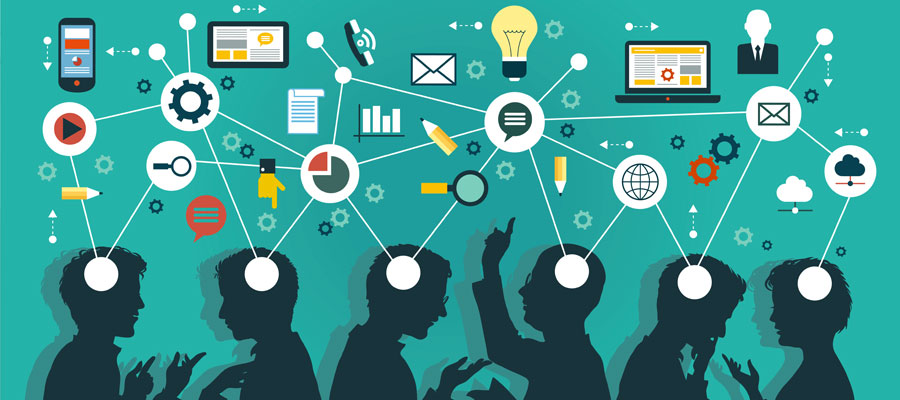Mindfulness at work
Why is mindfulness important at work?
We live in the age of distraction today. We are continuously bombarded by stimulation in the outside world. We are hooked on to gadgets that constantly give us an overload of information and have our mind running more than required. ‘Multitasking’ has become the way of life, going through the day giving continuous or partial attention to everything we do; eating, interacting with our families, attending meetings, listening to a friend, constantly checking ‘notifications’ on our gadgets, walking and even sleeping! Within moments our attention is scattered and dispersed. Given the realities of today's ‘busyness’, how do we slow down and focus in order to make thoughtful decisions? How do we stay tuned to our bodies and practice the importance of emotional fitness?

Our approach
We use mindfulness as a tool to build a quality of attention that is strong, clear and stable. This attention is then used to de-construct the physiological aspects of emotions and the conditioned mind.
It also builds on the ability to reflect deeply from ‘as –isness’, work on a wandering mind and expand the range and depth of people’s emotional muscle.
Mindfulness at work focuses on :
- How do we see the goodness in crises? How do we handle a difficult conversation?
- How do we build unbiased & non –threatening relationship? How do we handle an angry moment?
- How do we lead and give the space for others to lead? How do I handle the busyness of the day?
- How do we build a culture of kindness and joy which is at the heart of business success?A kind employee treats his clients with respect and kindness as well.
Components of the programme:
- Attention training
- Building Resilience
- Reflections and creating healthy mental habits
- Emotional Intelligence covers
- Self-Awareness: Knowing of one’s internal states, preferences, and intuitions
- Self-regulation: Managing of one’s internal states, impulses and resources
- Motivation: Emotional tendencies that guide or facilitate reaching goals.
- Empathy: Awareness of other’s feelings, needs, and concerns
- Social skills: Proficiency at inducing desirable responses in others
Modules
- Mindful Listening – Listening with ‘full presence’
- Mindful speech – Cultivating a ‘Kind-ful’ conversation
- Peaceful Mind, Peaceful Sleep - Wake up call for sleep deprivation
- Mindful Decision Making – Making decisions with Intention & Mental clarity
- Handling anxious moments at work - Managing anxiety &panic caused by ‘Rush’
- Mindfulness for Working Parents – Handling busy-ness of Work & Parenting

